Home>Home Appliances>Home Automation Appliances>How Safe Is Alexa
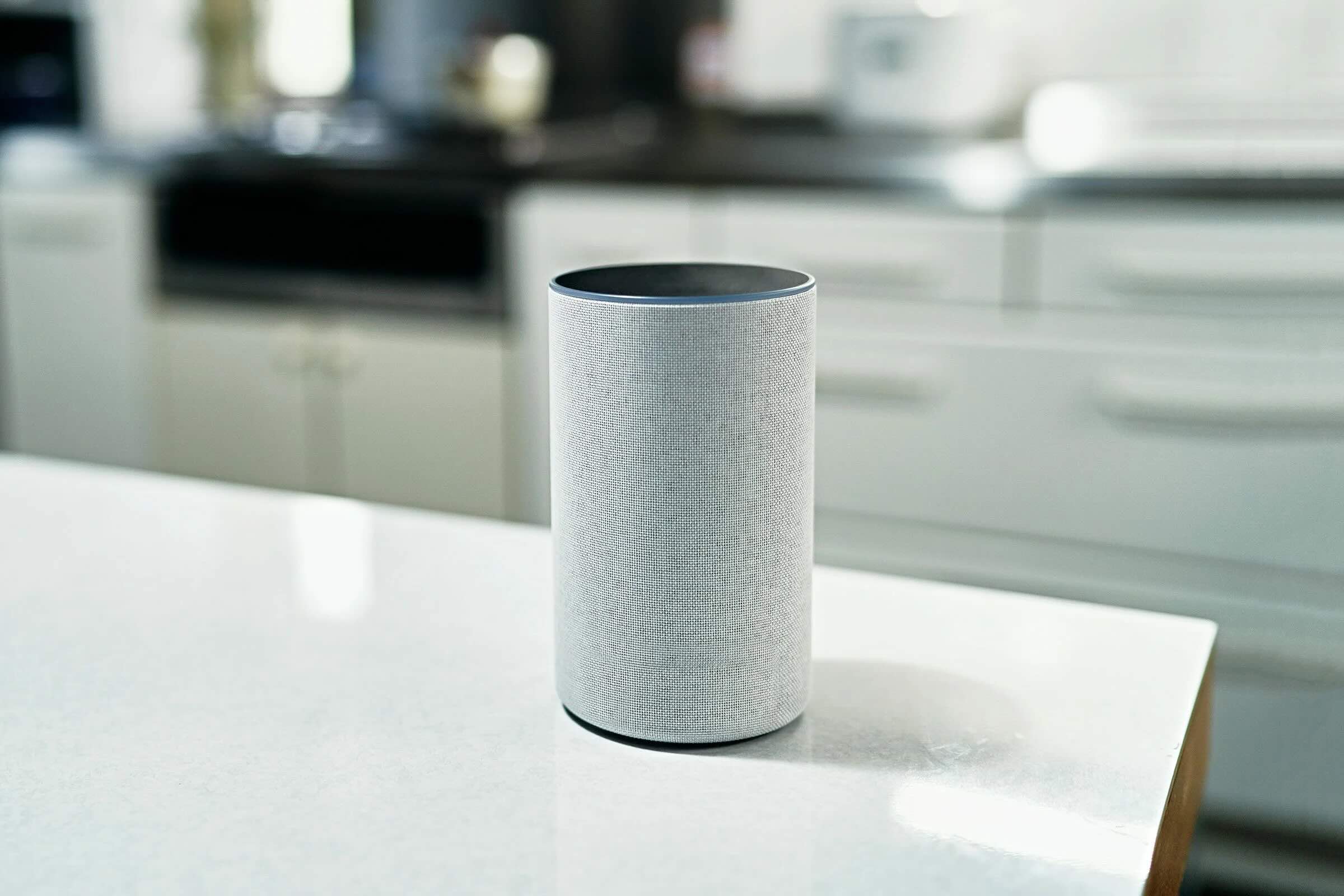

Home Automation Appliances
How Safe Is Alexa
Published: December 31, 2023
Discover how safe Alexa is for your home automation appliances and learn how to ensure the security of your smart devices. Protect your privacy and data with these tips.
(Many of the links in this article redirect to a specific reviewed product. Your purchase of these products through affiliate links helps to generate commission for Storables.com, at no extra cost. Learn more)
**
Introduction
**
Welcome to the age of smart homes, where convenience and connectivity have revolutionized the way we interact with our living spaces. One of the most popular and widely used smart home devices is Amazon's Alexa. This voice-controlled virtual assistant has seamlessly integrated itself into our daily lives, offering a myriad of functions from playing music and setting reminders to controlling smart home appliances. However, as with any technology that operates within the realm of our personal lives, concerns about privacy and data security have emerged. In this article, we will delve into the intricacies of Alexa's privacy features and data security measures, aiming to provide a comprehensive overview of its safety in the context of modern smart homes. Let's explore the nuances of Alexa's privacy concerns, data security, and the implications of its listening and recording capabilities. Additionally, we will examine the role of third-party skills and their impact on user privacy. By shedding light on these aspects, we aim to equip you with the knowledge necessary to make informed decisions about integrating Alexa into your home.
**
Key Takeaways:
- Alexa’s privacy features and data security measures aim to address concerns about inadvertent recordings, data collection, and unauthorized access, prioritizing user control and robust security measures.
- Users should exercise caution when enabling third-party skills, aligning choices with privacy preferences while leveraging Alexa’s diverse functionalities. Vigilance and informed decisions are key in navigating privacy and data security in smart home technology.
Read more: How To Adjust Alexa’s Brightness
Privacy Concerns
**
Privacy concerns surrounding Alexa have been a topic of debate and scrutiny since its inception. One primary concern is the device's potential to eavesdrop on private conversations. While Amazon asserts that Alexa only starts recording and transmitting data to the cloud after hearing the wake word, such as “Alexa” or “Echo,” instances of unintended activations have been reported. This has raised apprehensions about the device's ability to inadvertently intrude on users' privacy. Furthermore, the presence of a physical mute button and the option to review and delete voice recordings aim to assuage these concerns, but the underlying unease persists.
Moreover, the question of data collection and usage by Amazon has been a focal point of privacy discussions. Alexa collects and stores voice recordings, which are utilized to improve the accuracy of its responses and enhance user experience. However, the prospect of a corporation retaining audio snippets of personal interactions has elicited apprehension among privacy advocates and users alike. While Amazon provides users with the ability to manage and delete their voice recordings, the overarching skepticism regarding the company's data retention practices remains.
Another aspect that has sparked privacy concerns is the potential for unauthorized access to Alexa-enabled devices. Instances of hackers exploiting vulnerabilities in smart home devices have underscored the need for robust security measures. Although Amazon continuously updates its security protocols, the possibility of unauthorized access to Alexa devices persists, contributing to the apprehensions surrounding privacy.
As we navigate the intricacies of privacy concerns related to Alexa, it is essential to weigh the convenience and utility it offers against the potential privacy implications. By fostering an informed understanding of these concerns, users can make conscious decisions regarding the integration of Alexa into their homes.
**
Data Security
**
Ensuring robust data security is paramount in the realm of smart home devices, and Alexa is no exception. Amazon has implemented various measures to safeguard the data collected by Alexa and mitigate potential security risks.
One fundamental aspect of data security is encryption, and Amazon employs encryption protocols to protect the transmission of data between Alexa-enabled devices and the cloud. This encryption plays a pivotal role in safeguarding sensitive information from unauthorized interception, bolstering the overall data security framework.
Furthermore, Amazon has integrated multi-layered authentication mechanisms to fortify the security of Alexa-enabled devices. These authentication protocols are designed to prevent unauthorized access and ensure that only authorized users can interact with the device, thereby mitigating the risk of intrusions.
Moreover, Amazon continuously updates the firmware and software of Alexa-enabled devices to address potential vulnerabilities and enhance overall security. These regular updates are instrumental in fortifying the resilience of the devices against emerging security threats, underscoring Amazon’s commitment to prioritizing data security.
Additionally, Amazon has implemented stringent access controls and authentication measures within its cloud infrastructure to govern access to the data stored from Alexa interactions. These controls are designed to restrict unauthorized access and fortify the security of the stored data, thereby bolstering the overall data security framework.
By implementing robust encryption, multi-layered authentication mechanisms, regular firmware updates, and stringent access controls, Amazon endeavors to fortify the data security of Alexa-enabled devices. However, it is imperative for users to remain vigilant and stay abreast of security best practices to complement the security measures implemented by Amazon, thereby fostering a proactive approach to data security within the context of smart home technology.
**
When using Alexa, be mindful of the privacy settings and permissions you grant. Regularly review and manage the data it collects to ensure your personal information is safe.
Listening and Recording
**
Central to the functionality of Alexa is its ability to listen and record user interactions, which raises pertinent considerations regarding privacy and data security. When a wake word, such as “Alexa” or “Echo,” is detected, the device begins recording the user’s voice and transmits the data to Amazon’s servers for processing. While this feature facilitates seamless interaction with the virtual assistant, it also engenders concerns about the extent of data collection and the potential for inadvertent recordings.
Amazon has implemented measures to address these concerns, including the option for users to review and delete their voice recordings. This empowers users to exercise control over the data stored by Alexa, thereby fostering transparency and enabling them to manage their privacy preferences effectively. Moreover, the physical mute button on Alexa-enabled devices offers a tangible means of temporarily deactivating the device’s listening capabilities, assuaging concerns about unintended recordings during sensitive conversations.
Furthermore, Amazon has emphasized the importance of privacy and data security in the design and development of Alexa, striving to instill user confidence in the device’s listening and recording capabilities. The company has underscored its commitment to upholding stringent privacy standards and facilitating user control over their data, thereby aligning with the evolving expectations of privacy-conscious consumers.
As the landscape of smart home technology continues to evolve, it is imperative for users to remain cognizant of the implications of the listening and recording features inherent to devices like Alexa. By staying informed about the measures implemented by Amazon to ensure privacy and data security, users can make informed decisions regarding the integration of Alexa into their homes, thereby striking a balance between convenience and privacy.
**
Third-Party Skills
**
One of the defining features of Alexa is its extensibility through third-party skills, which augment the device’s capabilities and enhance user experiences. These skills, akin to applications, enable Alexa to perform a diverse array of tasks, from providing weather updates and controlling smart home devices to playing interactive games and facilitating productivity tools. While the proliferation of third-party skills enriches the functionality of Alexa, it also engenders considerations regarding privacy and data security.
When users enable third-party skills, they grant these entities access to certain data and functionalities, raising concerns about the potential implications for privacy. While Amazon mandates that third-party developers adhere to stringent privacy policies and data usage guidelines, the onus lies on users to exercise discernment when selecting and enabling third-party skills, ensuring that they align with their privacy preferences and security standards.
Furthermore, the integration of third-party skills introduces an additional layer of complexity to privacy considerations, as the data handling practices of third-party developers come under scrutiny. Amazon endeavors to mitigate these concerns by imposing rigorous vetting processes and privacy compliance requirements for third-party developers, aiming to uphold the privacy and security standards expected by users.
As users navigate the landscape of third-party skills, it is imperative for them to exercise prudence and diligence in evaluating the privacy implications of enabling these skills. By being discerning and selective in their choices, users can leverage the diverse range of third-party skills available for Alexa while safeguarding their privacy and data security.
**
Read more: How To Safely Burn Candles
Conclusion
**
Alexa has undoubtedly transformed the modern home, offering unparalleled convenience and functionality through its voice-controlled virtual assistant. However, the integration of Alexa into our daily lives necessitates a nuanced understanding of its privacy implications and data security measures.
Privacy concerns surrounding Alexa encompass the potential for inadvertent recordings, data collection practices, and the risk of unauthorized access. These concerns underscore the importance of fostering transparency, user control, and robust security measures to mitigate potential privacy risks.
Amazon has endeavored to address these concerns by implementing features such as the ability to review and delete voice recordings, physical mute buttons, and stringent data security measures. The company’s commitment to prioritizing user privacy and data security is evident in its continuous efforts to fortify the resilience of Alexa-enabled devices against potential threats.
Furthermore, the extensibility of Alexa through third-party skills introduces additional considerations for privacy and data security. While these skills expand the device’s capabilities, users must exercise discretion and vigilance in evaluating the privacy implications of enabling third-party skills, aligning their choices with their privacy preferences.
In navigating the complexities of privacy and data security in the context of Alexa, it is imperative for users to remain informed, discerning, and proactive. By leveraging the features and functionalities of Alexa while being cognizant of its privacy implications, users can strike a harmonious balance between technological convenience and safeguarding their privacy.
As the landscape of smart home technology continues to evolve, the discourse surrounding privacy and data security remains integral to fostering a safe and empowering environment for users. By fostering an informed and vigilant approach, we can harness the transformative potential of Alexa while upholding the principles of privacy and data security in the modern smart home.
Frequently Asked Questions about How Safe Is Alexa
Was this page helpful?
At Storables.com, we guarantee accurate and reliable information. Our content, validated by Expert Board Contributors, is crafted following stringent Editorial Policies. We're committed to providing you with well-researched, expert-backed insights for all your informational needs.
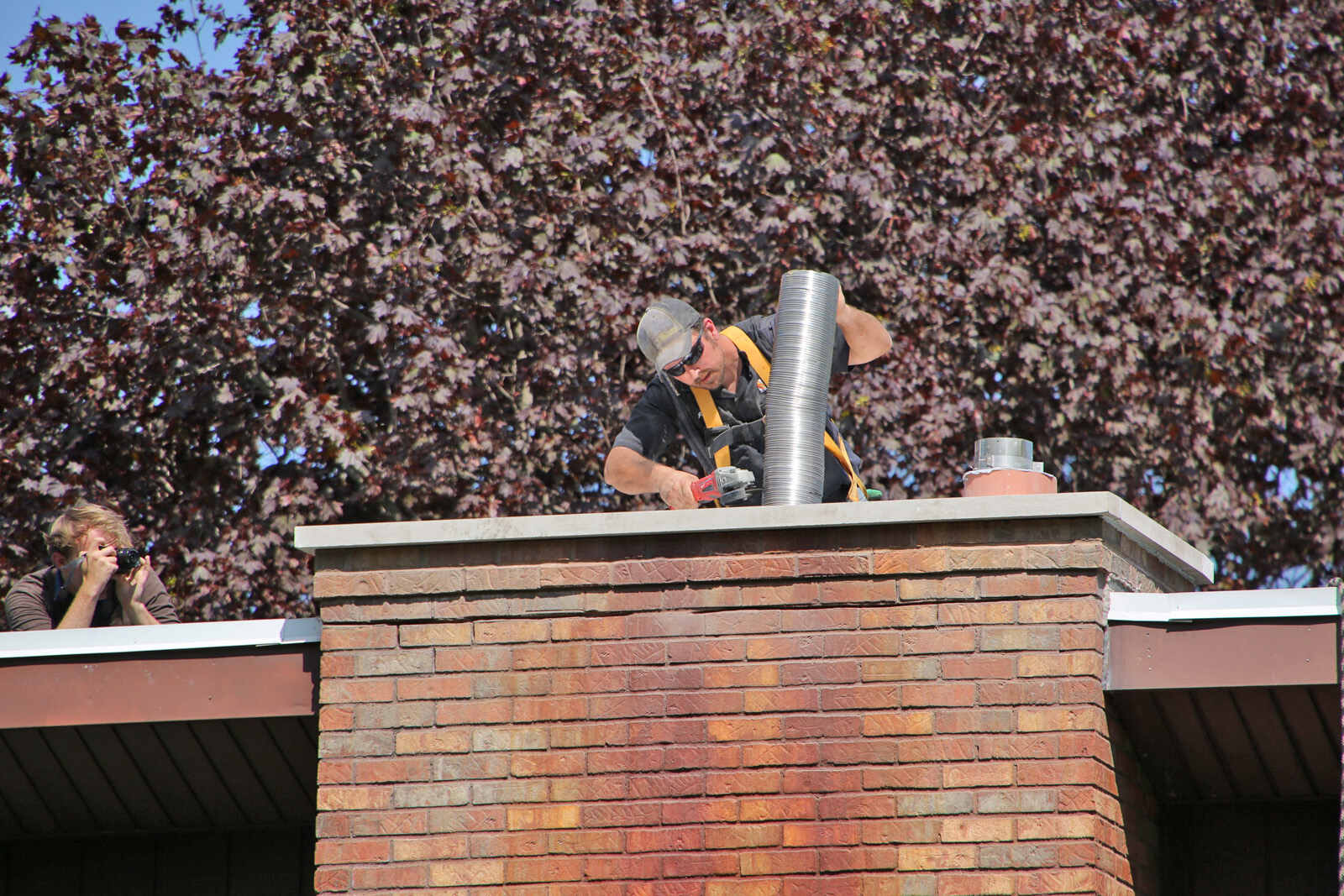


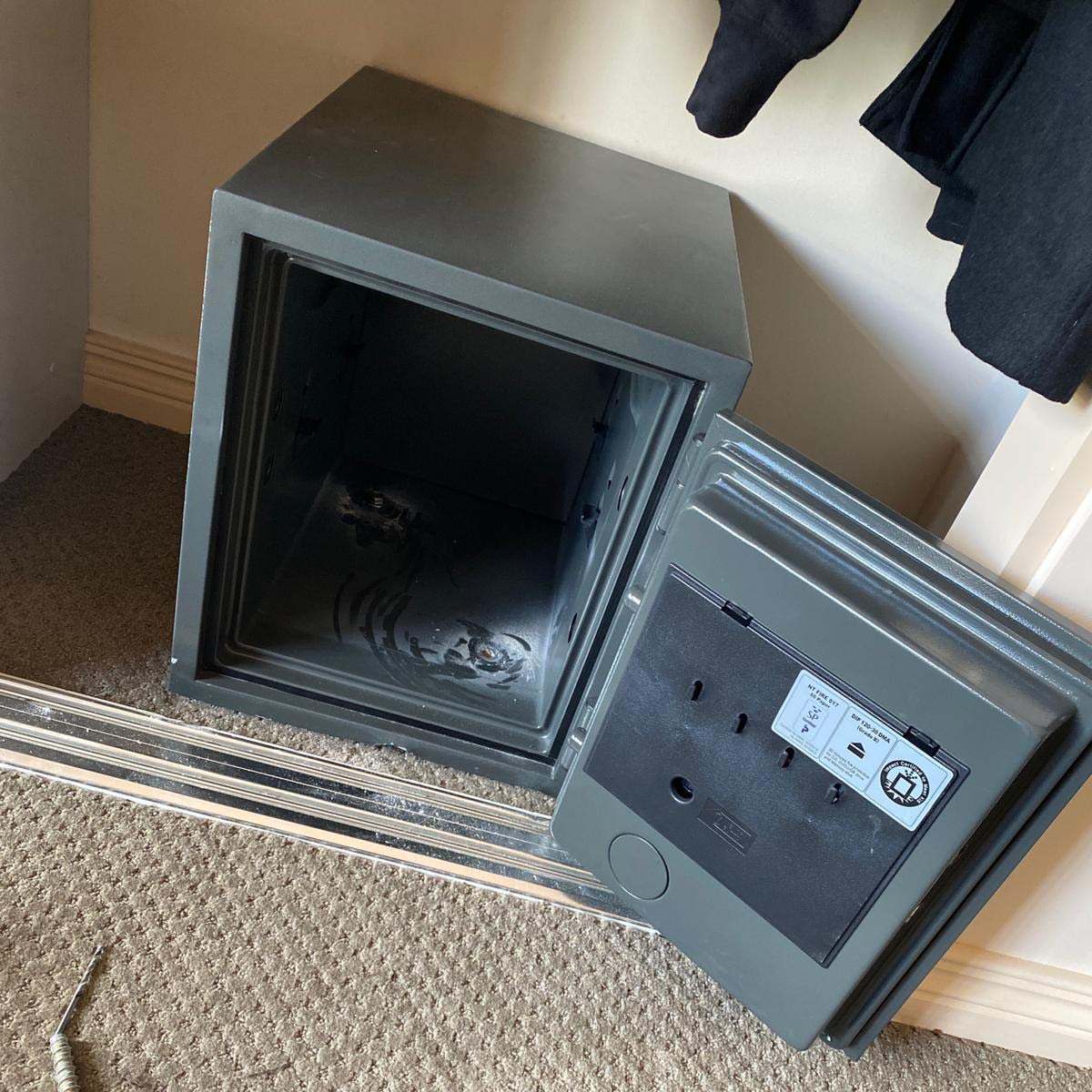



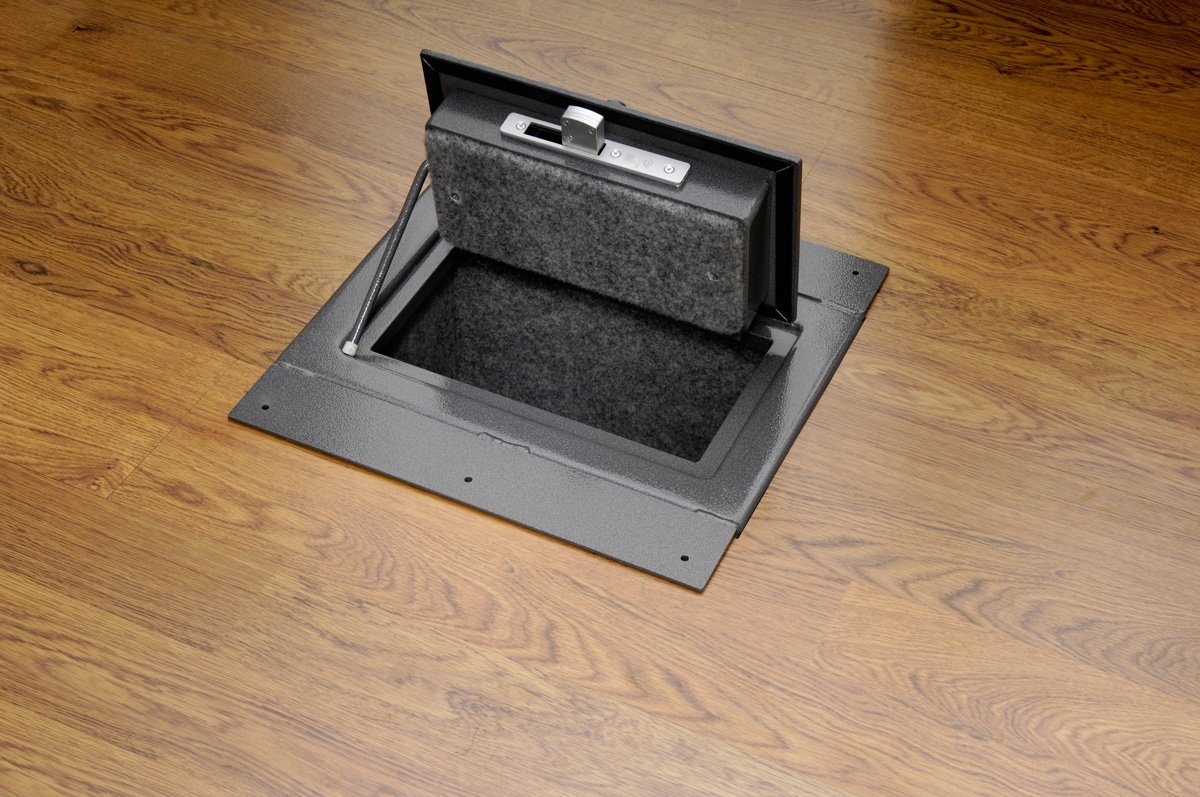

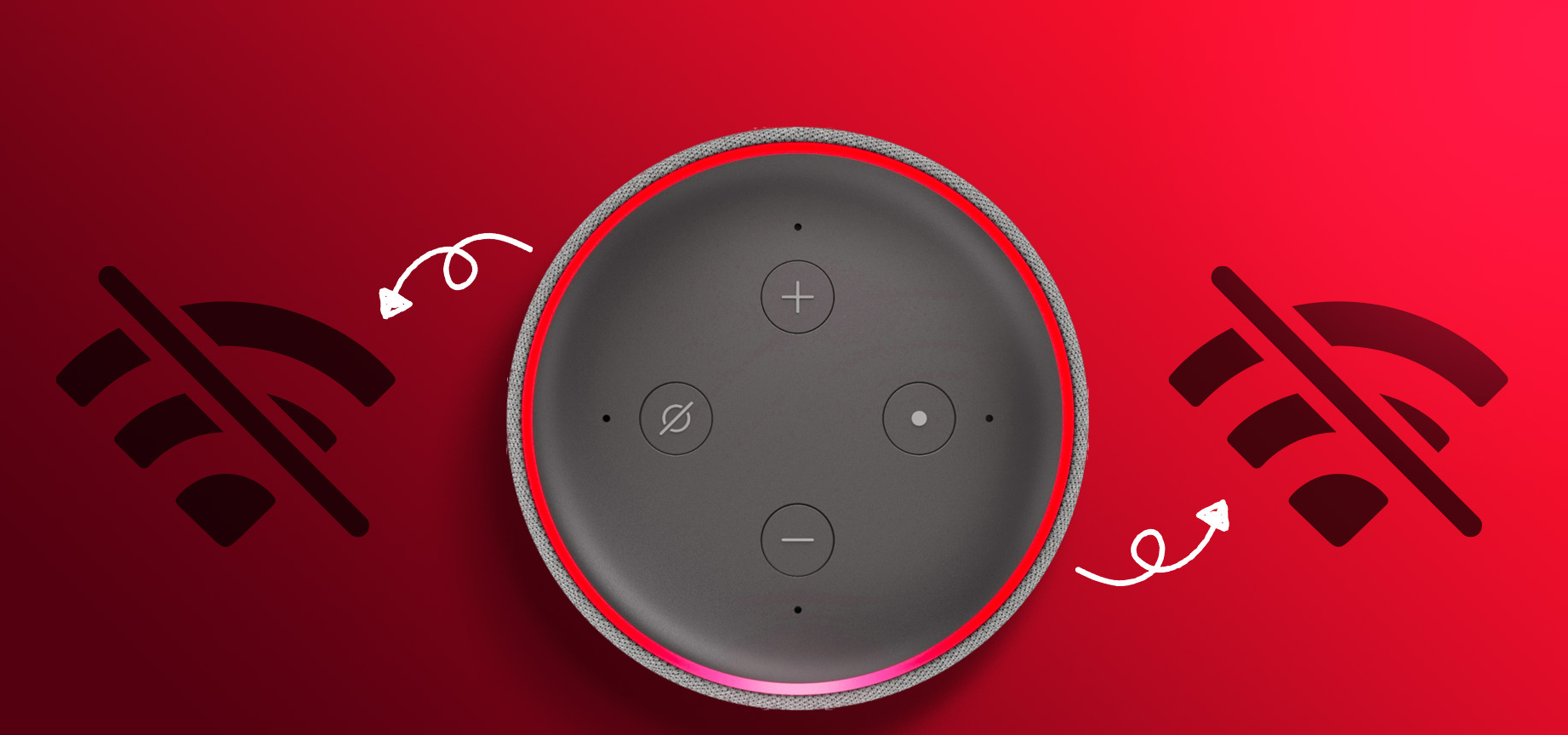
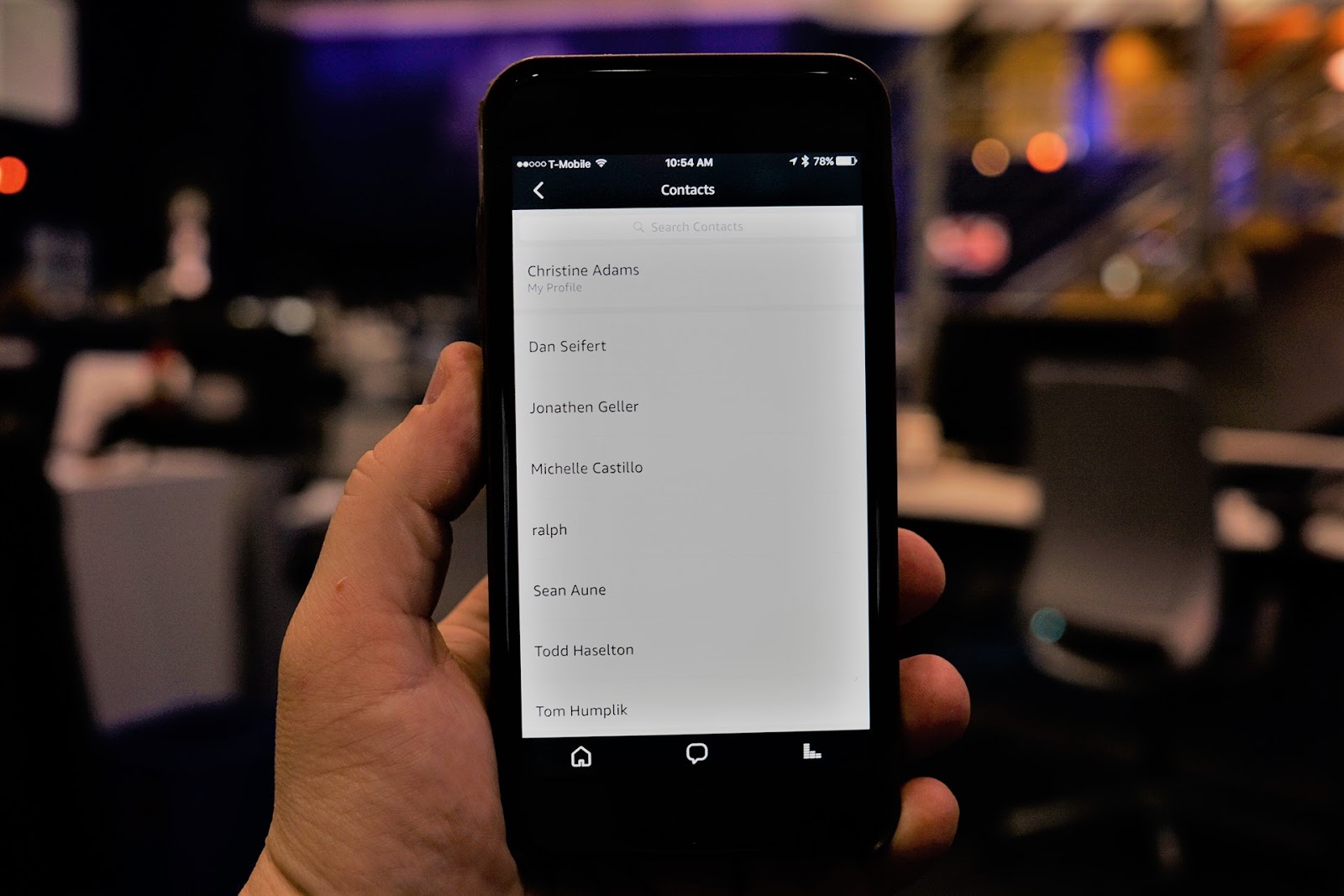

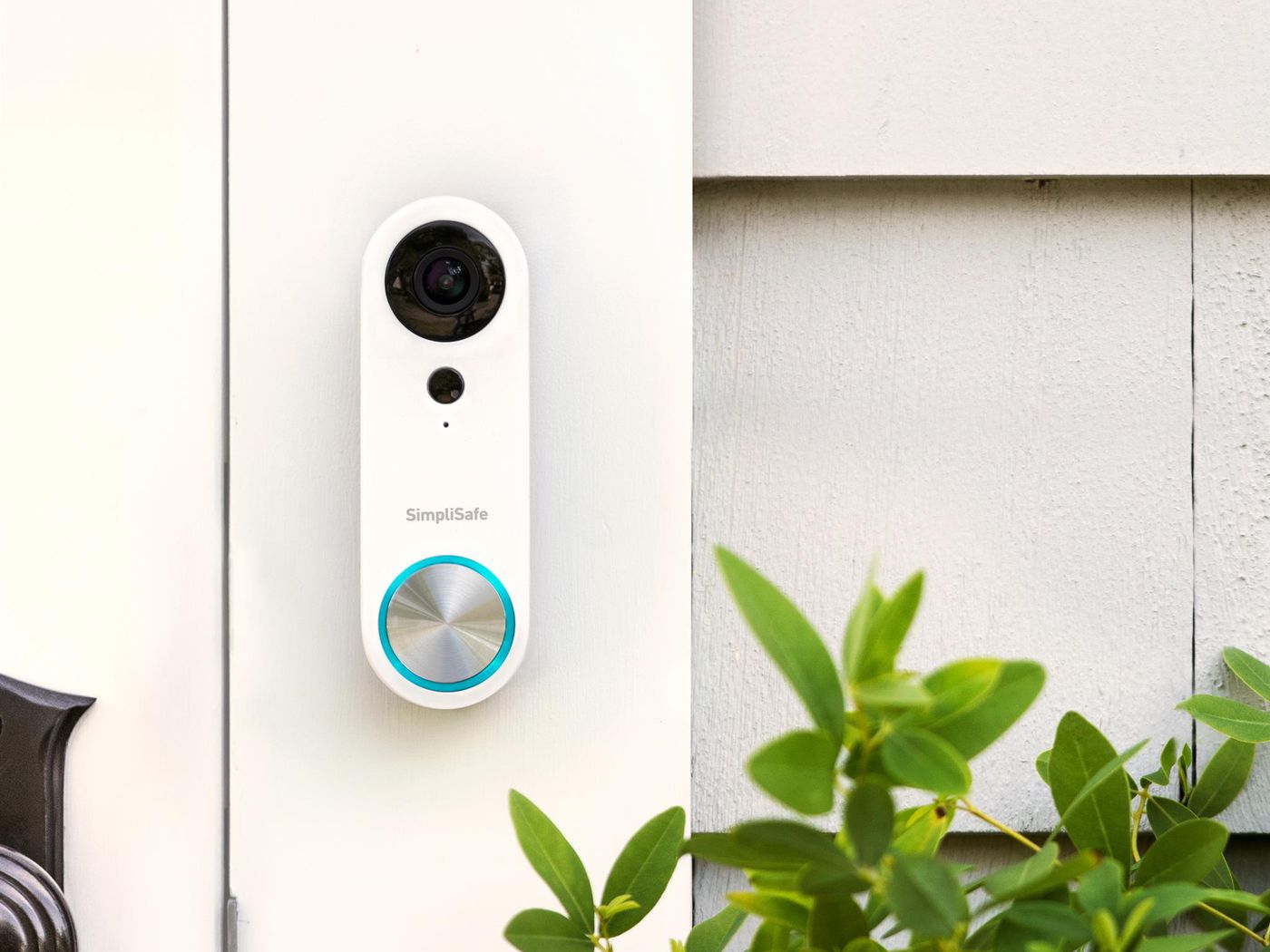


0 thoughts on “How Safe Is Alexa”